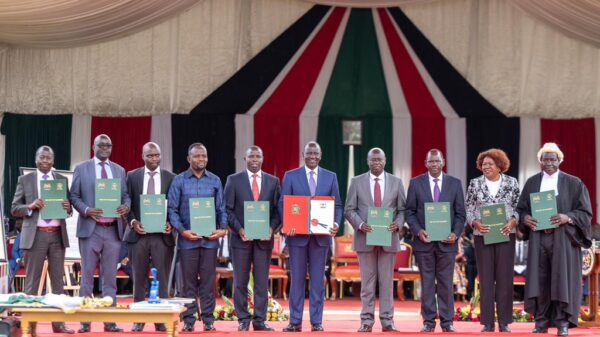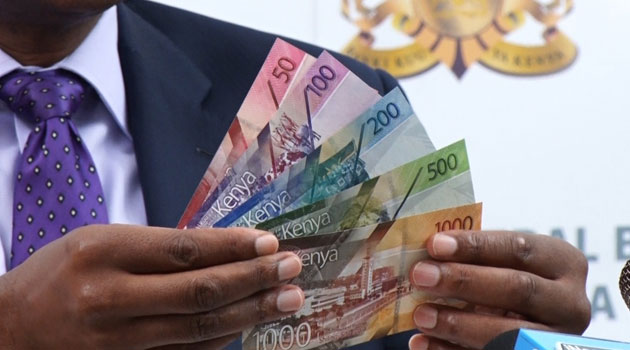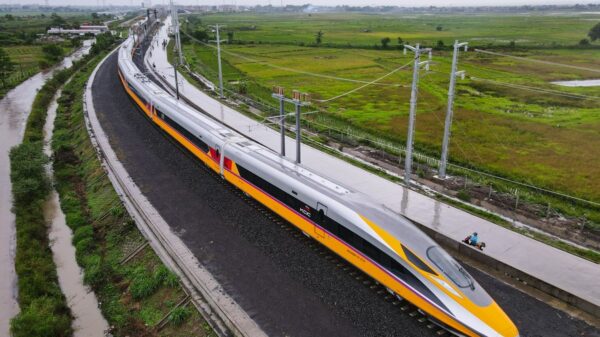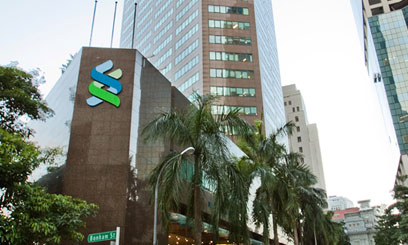NAIROBI, Kenya, Feb 3 – The forex market is the largest financial market in the world which involves the buying and selling, or exchanging, of currencies around the world. There are numerous participants in the forex market including banks, governments, global companies, and institutional investors.
Retail trading is a small segment of the forex market where retail investors can speculate on the exchange rate between currencies in order to make a profit.
Forex trading in Kenya is safe, as long as traders ensure that they take the necessary precautions.
The Capital Markets Authority, or CMA, is the watchdog over online forex trading in Kenya. To ensure the safety of traders who use the services of Kenyan-based brokers, market players must have a CMA license.
Under the Capital Markets Online Foreign Exchange Trading Regulations, enacted in 2017, the CMA offers three different types of licences to brokers: Dealing Foreign Exchange Broker licence, Non-dealing Foreign Exchange Broker licence, and Money Manager licence.
The CMA does not provide regulation to individual forex traders but brokerages must ensure that they obtain a relevant license from the regulator to facilitate the trading of financial instruments.
The safety of traders when trading forex involves more than just ensuring that Kenyan traders use a regulated broker. There are also other risks that traders are exposed to that must be mitigated and managed efficiently, using appropriate and adequate risk management.
Risks that traders can be exposed to while trading forex include:
High leverage: Although leverage is a useful tool which allows traders to open larger positions with minimal capital, it increases market exposure and can put Kenyan traders at risk.
High volatility: The forex market is the largest financial market and thus it has high volatility. Volatility, when harnessed by traders, high volatility can lead to great profits. However, the market is unpredictable and can turn against traders at any time.
Liquidity: This ensures that trading positions can be opened and closed at the price that Kenyan traders are expecting, or similar. Sometimes Kenyan traders face the risk of low liquidity in the market.
Scams: Although Kenyan traders can reduce risks and ensure the safety of their funds by using regulated brokers, there are numerous scams target unsuspecting traders. These scams often appear legit and many traders not familiar with the signs may fall prey to them.
Some of the most common scams in Kenya that traders must avoid include:
The signal-seller scam offers professional recommendations on favourable times that traders can buy/sell currencies in return for money. Second is ‘Robot’ scamming which is an automated trading program. Scammers claim that traders can make substantial amounts of profit using these programmes.
Fake broker or investment schemes, these brokers or schemes claim that they can double the trader’s money or they offer large returns without any substantiating proof.
Armed with this information, traders can venture into forex by opening a free account on various platforms.




































